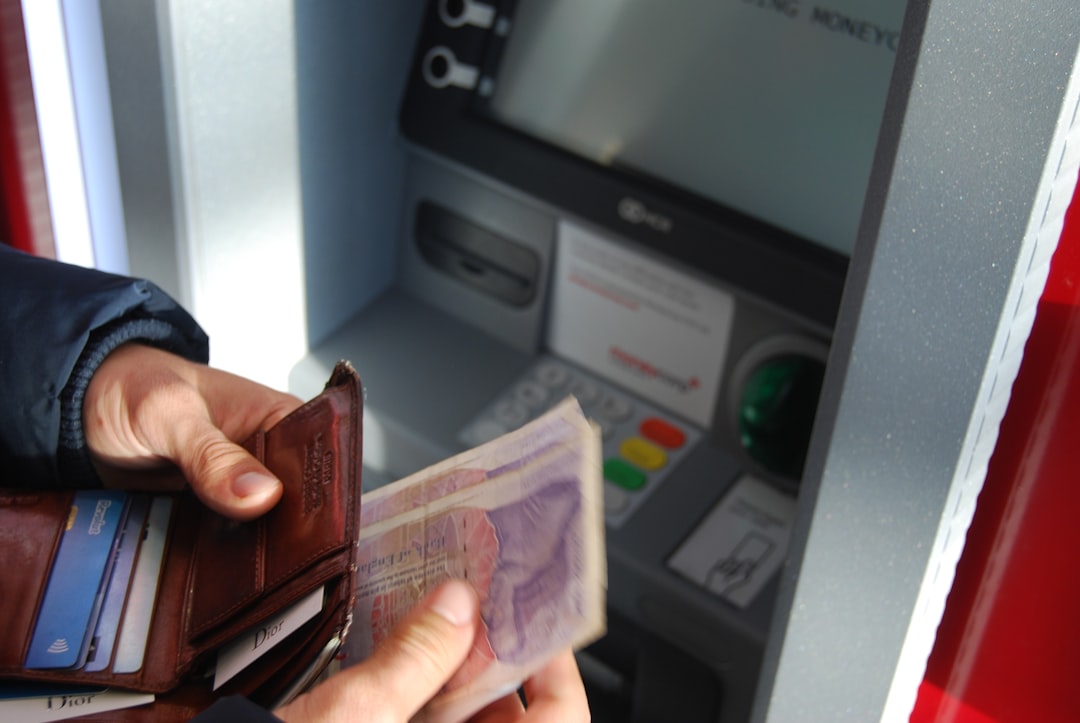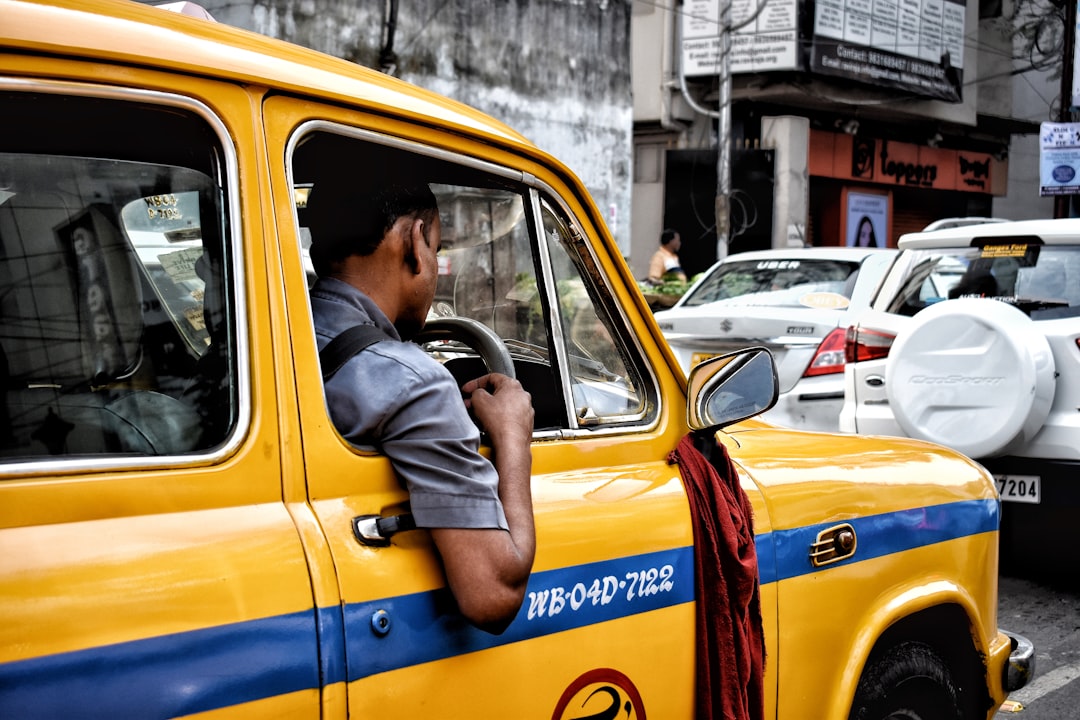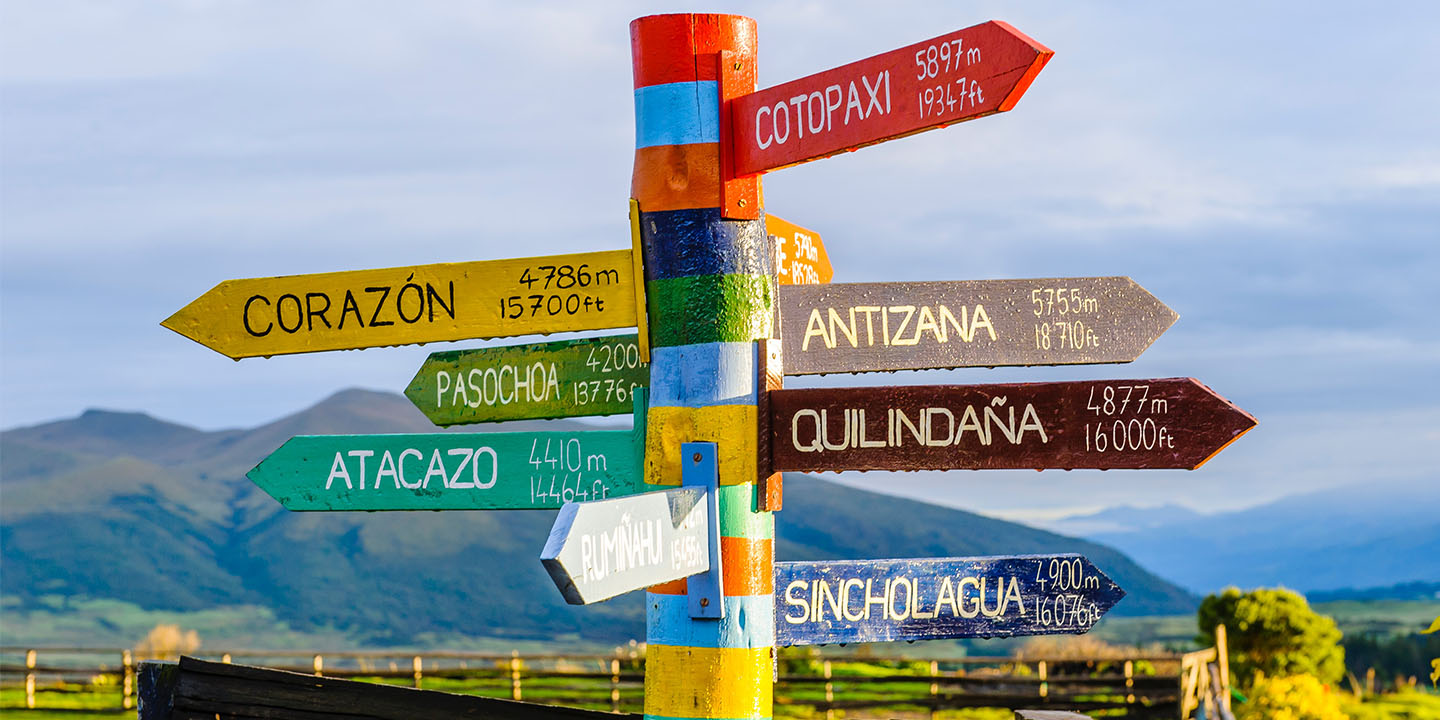Common Travel Scams Everyone Should Know About Before Their Next Trip (And How To Avoid Them)
Common Travel Scams Everyone Should Know About Before Their Next Trip (And How To Avoid Them)
Don't Fall For It!
Travellers usually stick out like a sore thumb, especially the fresh-off-the-plane variety. If it’s not a great, lumbering backpack that’s the giveaway, it’s the farmer's tan and Beer Laos vest. Whatever the telltale signs are, you can bet your bottom dollar that con artists and deviant locals alike will recognize a traveller a mile away and target them for some form of scam. But if you know the most common scams before you leave, you can better prepare yourself to notice them and avoid them while you’re abroad. So read ahead!
15. The Attraction Is Closed Scam
This scam is used in popular tourist destinations the world over, and I have personal experience of it in Thailand. When telling a taxi driver, or tuk-tuk driver in my case, the name of a popular attraction you’d like to visit, they’ll tell you that it is closed for the day/next few hours/holidays and recommend somewhere else instead. If you fall for it, (I’m happy to say that I didn’t), you’ll be taken somewhere that has an extortionate entry fee. And the Taxi driver will get his cut. Avoiding this scam is simple. Insist that the driver take you to your destination anyway so you can see for yourself. If they refuse, leave the car and find another driver instead.
14. The Broken Taxi Meter
This scam is most commonly used on travellers and tourists who are literally fresh off the plane. Taxi drivers will wait outside airports to take travellers to their hotels and claim that their meters are broken. The tired and/or stressed passenger will usually think nothing of it until they’re stung with a wildly inflated fee upon arrival. To avoid this scam, pre-arrange a fee before leaving the curb if a driver tells youtheir meter is broken.
13. The Free Gift Scam
This is another scam that is used all over the world. Tourists will be approached, often outside major attractions, by a man or woman claiming they want to give a free gift. The gift itself varies but is usually something like a friendship bracelet which takes time to place on the wrist and tie. Despite claims that the gift is free, the stranger will start to demand money and will rely on the tourist’s desire to avoid confrontation to earn a quick buck. To avoid this scam, politely decline anything you’re offered ‘for free’ and assertively withdraw your arm if someone tries to tie a bracelet around your wrist.
 Kira auf der Heide on Unsplash
Kira auf der Heide on Unsplash
12. The Scooter Damage Scam
This scam is prevalent throughout Southeast Asia, and I’ve heard countless stories from travellers I’ve met who have fallen into the trap. A tourist will rent a scooter and hand over a sizeable amount of cash or even a passport as a security deposit. When they come to return it, the rental company will claim that the scooter has been damaged, even though it hasn’t. Companies will often keep all of the cash deposit or even demand more as a result. After all, if they have your passport, there’s not much you can do about it. A very similar scam is also being operated by jet ski rental companies as well. Avoiding this scam can be a little more tricky than others on this list. First, never hand over your passport unless it is absolutely necessary. Second, research rental companies thoroughly before renting anything. Finally, taking date-stamped photographs of any pre-existing damage before you leave the shop can help too.
11. The Wrong Change Scam
Locals that deal with tourists often, will sometimes test how well they’re accustomed to the local currency with a variety of transaction-based scams. If you’re paying for an inexpensive item, say a bottle of water or cab ride, with a large bill, you could be short-changed unknowingly. It’s also been known for cashiers working at banks or exchange bureaus to count your money out extremely slowly, taking regular pauses, in the hope that you’ll scoop up the money prematurely or be too exasperated to count back through. To avoid scams like these, have the exchange rate of the local currency compared to the one you’re familiar with on hand, always check your change there and announce out loud the value of any high notes you’re handing over.
10. The Shoeshiner Scam
I came across this particular scam in Vietnam’s Ho Chi Minh City, but it’s deployed all over the world. In my particular experience, a shoeshine approached me in a park and offered to clean my shoes for free. I politely declined, already sensing that something was off, but he was extremely determined. Safe in the knowledge that I had no money on me at the time, I gave in and let the guy clean my shoes. When he was done, he demanded I pay for the service. You can imagine how peeved he was to discover that I had no money. I wouldn’t recommend taking my approach to this scam. Instead, politely decline and if the shoe shiner persists, walk away. Never let him shine your shoes.
9. The Milk And Diapers Scam
This sophisticated scam is prevalent on the streets of Cambodia, and again, I have personal experience with this one. A young child, no older than ten, with a tiny baby strapped to her back, approached me and a friend in Siem Reap. Rather than ask for money, the girl asked us if we could buy milk and diapers for the baby who she claimed was her sister. Due to the fact that the child wasn’t asking for money, and the moral struggle of ignoring a child's plea for help, we agreed and went with her to a shop that she suggested. We bought some milk and diapers and left, feeling good about helping someone in need. It was only later that a hostel manager informed us that the scam was common, and the girl probably took the milk and diapers straight back to the shop and split the profit with the owner. It can be difficult, I know, but it really is best practice to turn down child beggars. The harsh reality is that the money will often end up in the hands of adults who are making them beg in the streets. If you really want to help, it’s advised that you donate to a reputable charity instead.
8. The Flirtatious Local Scam
This scam is almost exclusively targeted towards the fellas. A local beauty will come on strong to an unsuspecting male tourist who can’t believe his luck. The scam, which has a few variations and is used in many European and Asian countries, usually plays out with the woman suggesting that she and her victim go to a bar or nightclub. You chat, you drink, and then you’re slapped with a huge bill. The femme fatale will almost always have a few tough men around to make sure you pay up too. To avoid this scam, try to think with your head rather than with other body parts. If you do want to take someone out, make sure it’s to a place that you choose.
 Intricate Explorer on Unsplash
Intricate Explorer on Unsplash
7. The Cup And Ball Scam
Sometimes it’s a set of three cups, sometimes it’s shells, sometimes it’s bottle caps. Whatever is used, the outcome will be the same: (You being out of pocket I don’t know if this saying is perfectly accurate. How about pocket broke? Or you having a lighter wallet?). The operator of this scam starts by placing a small object, usually a small ball, under one of the cups, before shuffling them around and asking the audience to bet on which cup the object is under. Several fake audience members, who are also in on the scam, will make small bets and win. Tourists who are watching the game unfold will start to believe that the game is easy and will make bets of their own. The scammer will let them win until they make a significant bet, at which point a clever sleight of hand will be used to ensure that the tourist can never win. This scam can be found in almost every major European city. To avoid it, simply don’t play. The scammers are sleight of hand experts and have had a huge amount of practice. You will not win.
6. The Helpful Local At The ATM Scam
Foreign ATMs can sometimes be difficult to decipher and figure out, and some scammers will use that fact to their advantage. In the ATM scam, a supposedly friendly local will approach a tourist who is having trouble at the ATM. While their intentions appear to be good, what they’re actually doing is watching you enter your pin code. An accomplice will pickpocket you later after they see where you store your card. To avoid being relieved of your bank card, details and contents, never let anyone near you or even distract you when you’re at an ATM. Wherever possible, it’s good practice to withdraw money from inside an actual bank building. Sophisticated scammers have started to place card cloning devices on untended machines.
5. The Bag Slash Scam
Ok, this one is less of a scam and more just outright theft, but it’s become a real problem in tourist destinations all over the world, so we wanted to let you know about it. Pairs of thieves prowl the streets on a scooter looking for a target. The guy at the front drives the scooter, obviously, while the guy on the back scouts for people wearing handbags or satchels that only have one strap over the shoulder. The pair will slow down next to a target, slash the strap with a knife, and take off in a cloud of smoke with the unsuspecting victim’s bag and personal belongings. Try to avoid using bags that only have one strap whenever possible. If this does happen to you, however, don’t try to hold onto your belongings. I heard a very distressing story from a fellow traveler who tried to hold onto her bag and ended up being dragged along the street before the thieves made off with her bag anyway.
4. The Stain Scam
There are so many scams that operate by distracting a target, I could write all day about them. Perhaps the most common is the stain scam though. A con artist will ‘accidentally’ spill mustard from a hot dog or coffee from a paper cup onto a tourist. Then they’ll make a big fuss about trying to clean it while an accomplice swoops past to pickpocket the victim’s wallet and bags. It’s important to remain vigilant at all times. Never let your belongings leave your sight. I personally like using a concealed money belt for my cash, cards and passport. It looks lame, but it’s not as lame as getting robbed!
3. The Fake Tickets Scam
This is probably the easiest scam on the list to spot. Someone will offer you discounted plane, train or bus tickets. Sometimes, as has happened to me on numerous occasions in Asia and Europe, a local taxi driver will offer to take you to a travel agent friend of theirs who will sort you out with cheap tickets. They may well sell you cheap tickets, but they’ll be worthless because they aren’t real. Always buy tickets from reputable, well-recognised agents or companies and you’ll be golden.
 Trans World Airlines on Wikimedia
Trans World Airlines on Wikimedia
2. Let’s Go See My Friend Scam
Another scam that’s a favourite amongst dodgy taxi drivers and one I experienced in Thailand. A taxi driver offered me a discounted rate on the fare of my ride if I allowed him to take me to see one of his friends who ran a tourist information shop. “You don’t have to buy anything, it will only take two minutes,” he claimed. I naively agreed and paid the price. For 20 minutes I was practically held hostage in a rundown store by an overweight Thai woman yelling at me to buy a map or train ticket. I kept my cool and calmly refused the ultra-hard sell sales technique and left when she finally shifted her considerable frame out of the way of the door. Learn from my mistake and refuse any similar proposition from a taxi driver.
1. The Group Photo Scam
If you have any self-respect at all, you won’t be caught dead wielding a selfie stick (just kidding, kind of). So from time to time you’ll need the help of another person to snap that perfect Facebook profile pic of you and your crew. Cue the perfectly timed offer from a stranger to take that photo for you. Excellent! You hand over your smartphone or camera, briefly check to make sure that your friends aren’t ruining the photo and … Your phone/camera has disappeared along with that friendly stranger! It can be hard to gauge when an offer to take a photo is sincere or a well-construed scam. To help protect your valuables, it’s better to err on the side of caution and ask people to take a photo for you rather than accept an offer.




















